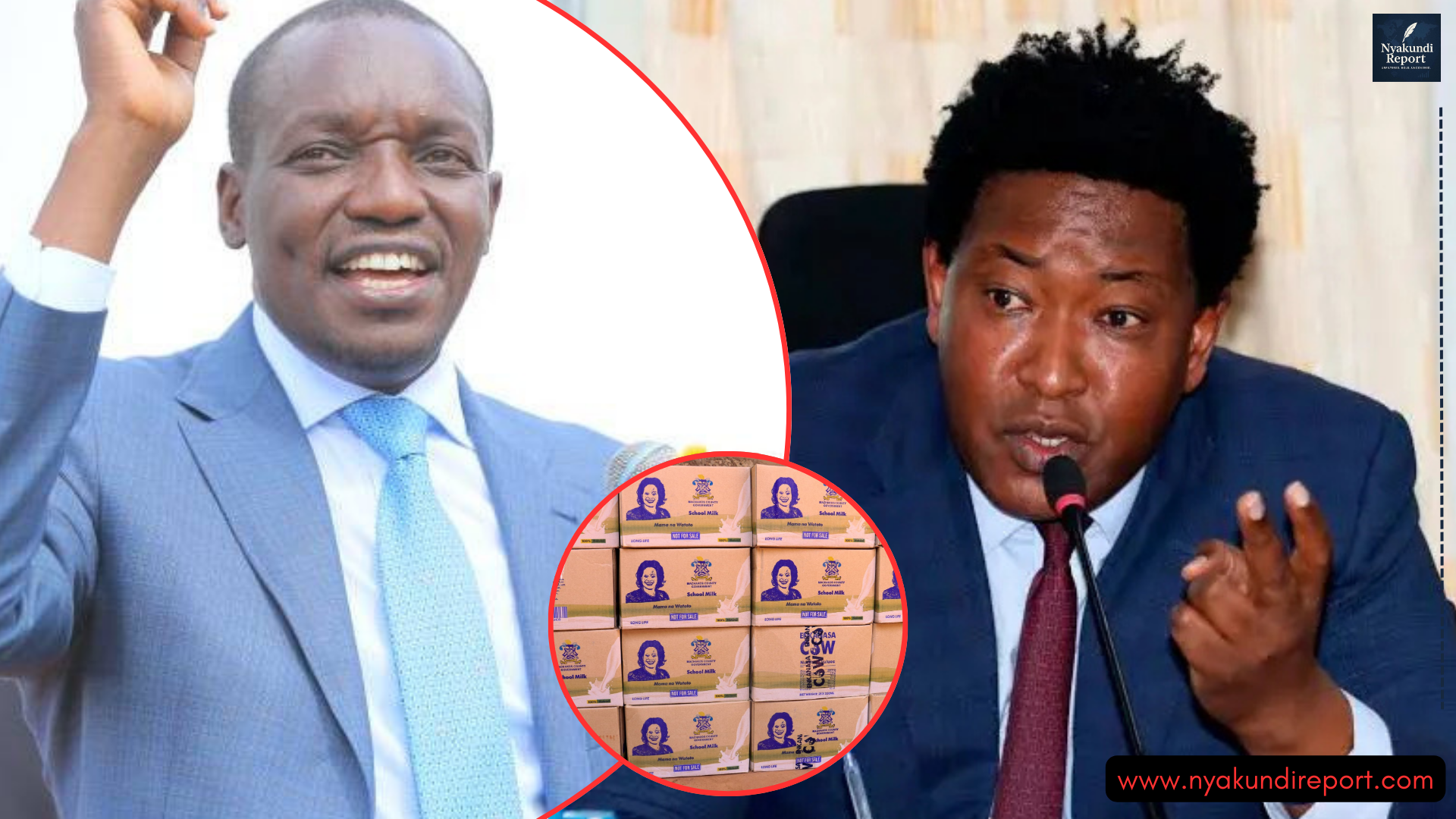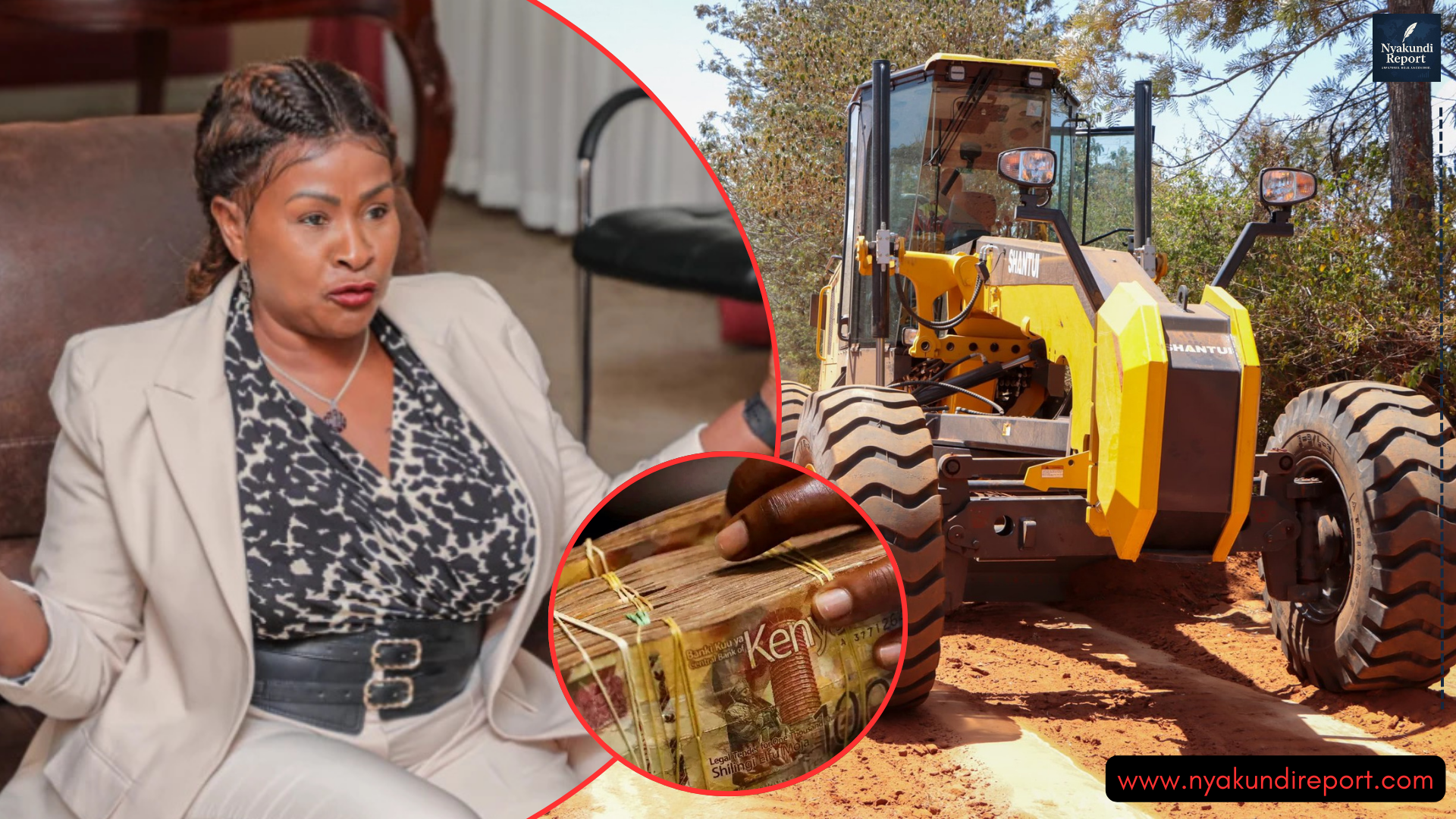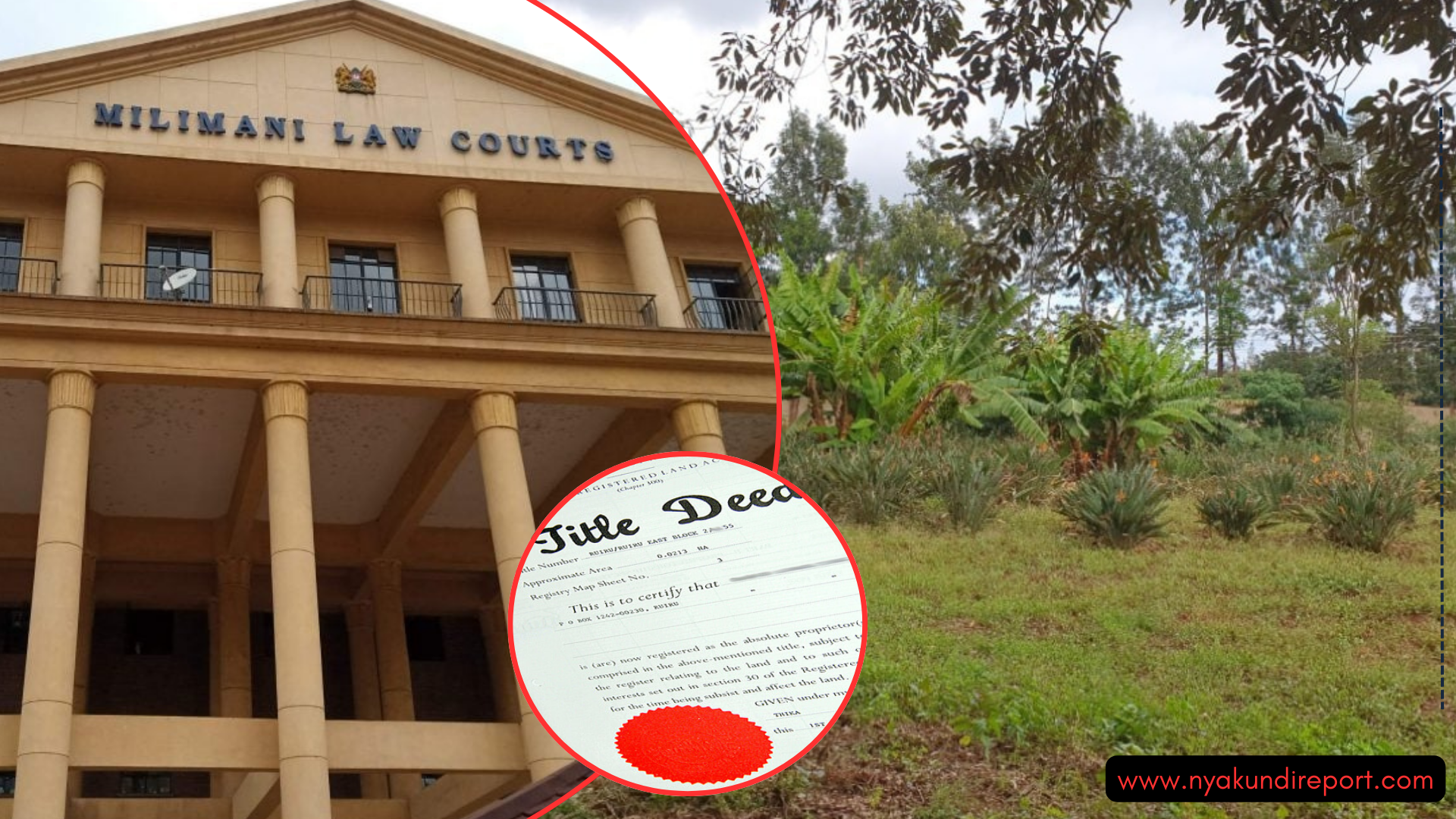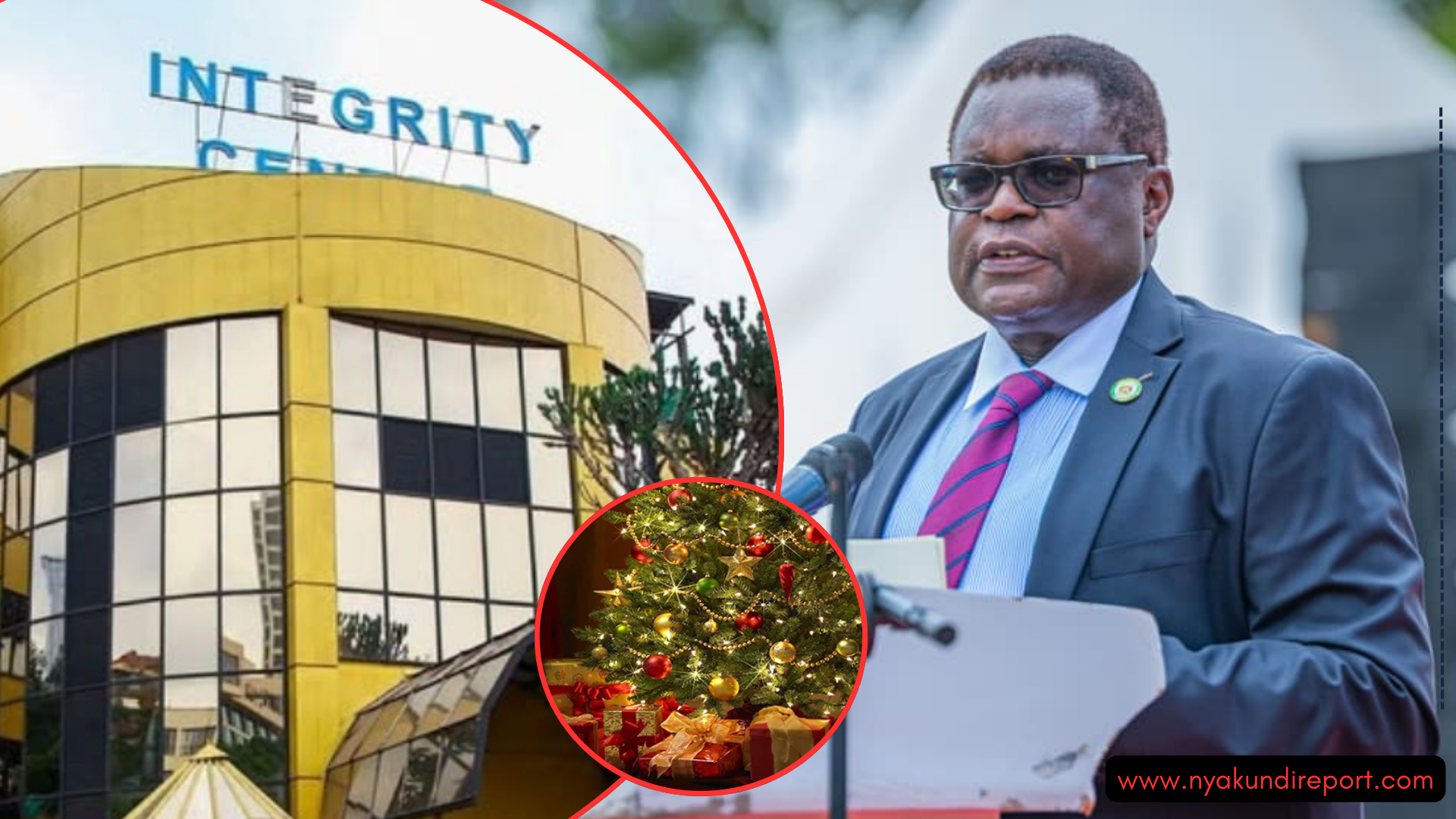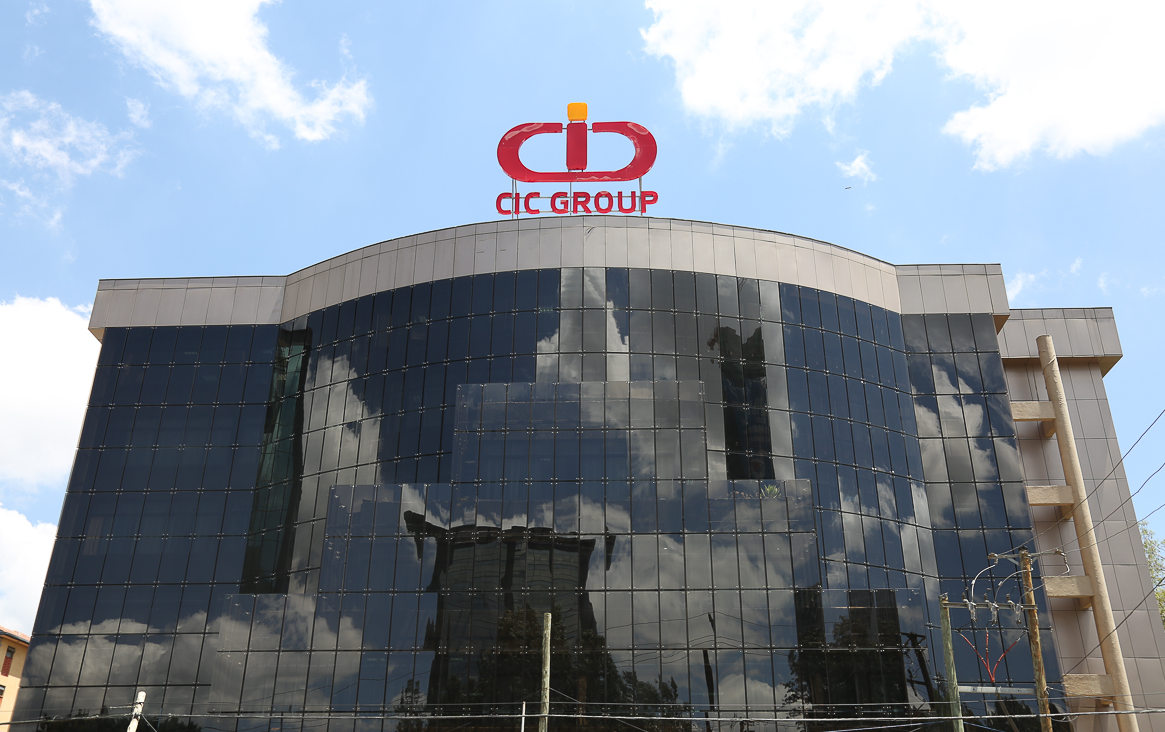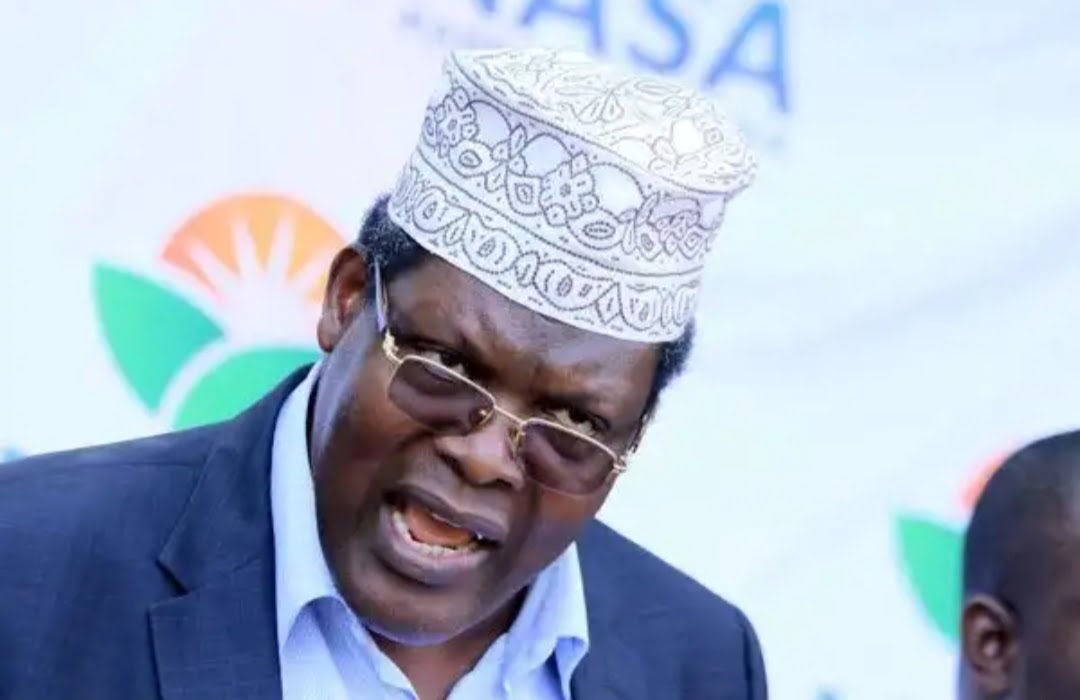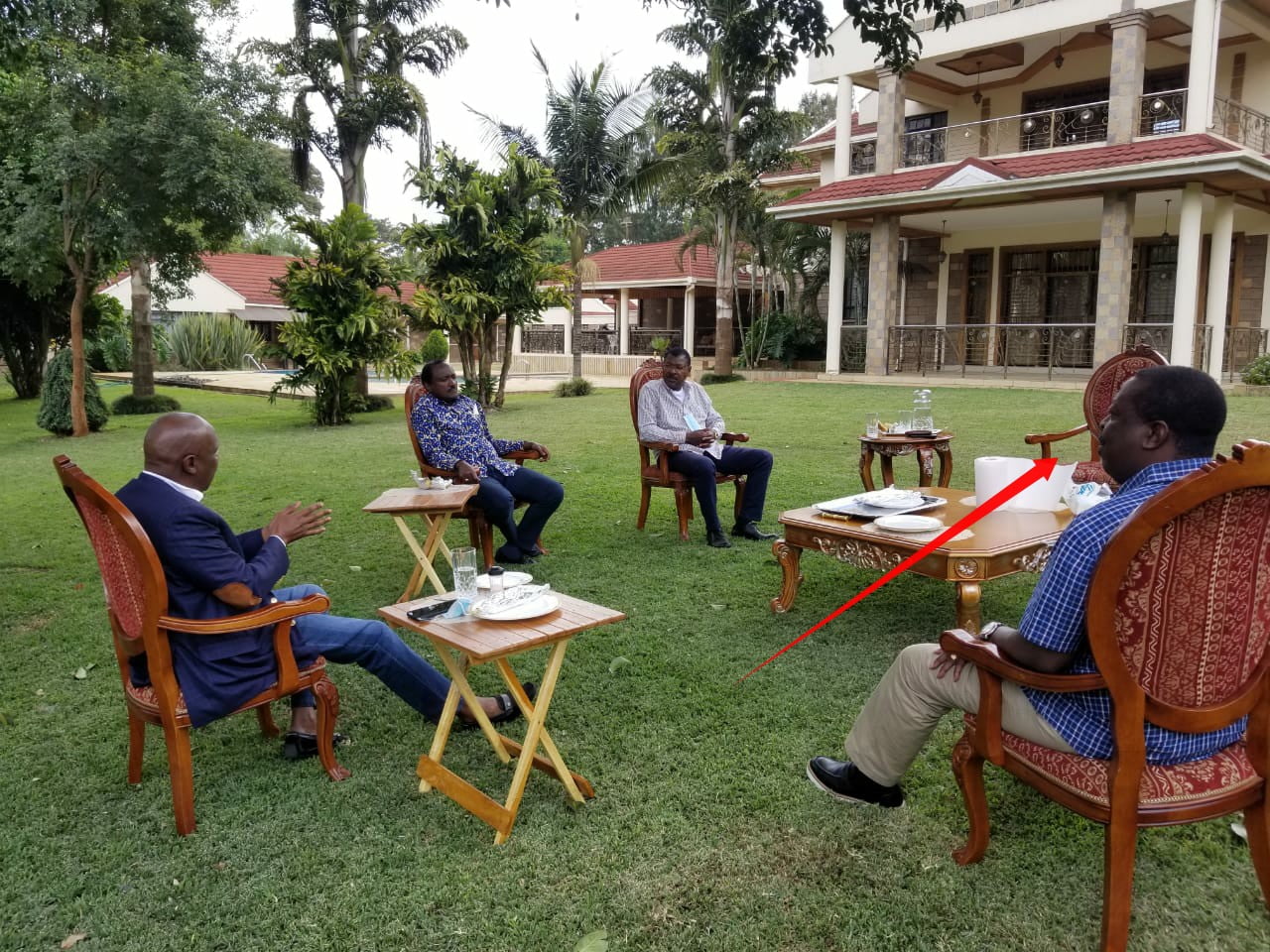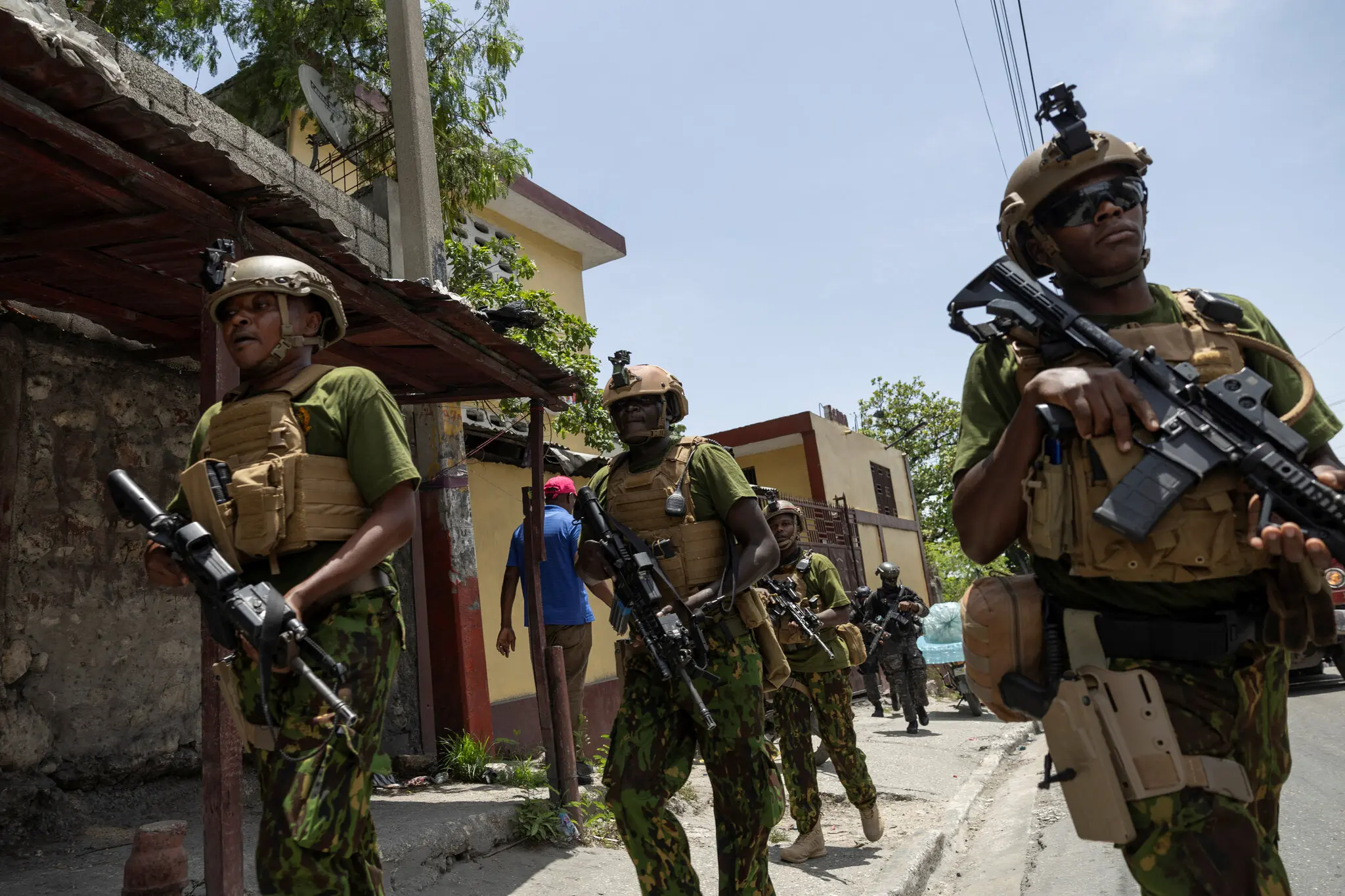Kenya is once again eyeing the International Monetary Fund (IMF) for billions of shillings to keep the economy afloat. Prime Cabinet Secretary Musalia Mudavadi has quietly confirmed that the National Treasury is preparing to reopen talks with the lender.
This comes barely a year after Nairobi failed to complete a previous programme worth billions of dollars. The government’s fresh push reveals President William Ruto’s desperation to secure external financing in the face of ballooning debt, missed targets, and a strained economy.

IMF Loans and Kenya’s Desperate Search for Cash
Mudavadi announced that Treasury officials are finalizing plans to begin negotiations with the IMF. He said the aim is to create a structured programme that can give Kenya a clear economic path.
“The government of Kenya, through the Treasury, will be engaging with the IMF so that we can work on a new programme,” he told diplomats in Nairobi.
This fresh push comes at a time when Kenya’s old agreement with the IMF remains frozen. The four-year, $3.6 billion (Ksh465 billion) deal expired in April. Nairobi also missed out on the final disbursement of $850 million (Ksh109.9 billion) after failing to meet key requirements. These included cutting the budget deficit and raising more taxes.
Analysts warn that IMF loans will not come easily. Kenya may be forced to repay part of its existing debt before it qualifies for another programme. That means even if talks begin soon, a final agreement might not be signed before 2027.
Still, the Ruto administration wants the IMF on board. The goal is to get financial guarantees that will allow Kenya to refinance bonds, service old loans, and unlock money from other global lenders.
Why IMF Loans Are Crucial for Ruto’s Economic Survival
The government is under intense pressure to pay external debts. Kenya has Eurobonds maturing in the next few years and a limited pool of foreign exchange reserves. By courting IMF loans, Ruto’s administration hopes to buy time and keep the economy running.
Mudavadi said talks would focus on financing options to support development priorities. But critics argue the money will simply go to debt repayments instead of improving services for ordinary Kenyans.
Meanwhile, Treasury officials are also exploring other sources of cash. These include selling diaspora bonds, privatising state corporations, and refinancing both local and foreign bonds. None of these options, however, can match the scale of IMF-backed financing.
Kenya’s relationship with the IMF has always been controversial. The conditions attached to such loans often mean austerity measures, higher taxes, and cuts in government spending. Already, Kenyans are grappling with harsh living conditions following the Finance Act, which piled more taxes on households and businesses. A new IMF programme could tighten the screws even further.
IMF Loans and Kenya’s Global Reputation
The push for IMF loans is also linked to Kenya’s struggle with international credibility. In June, the European Commission listed Kenya among high-risk jurisdictions over money laundering and terror financing. This followed the Financial Action Task Force (FATF) placing the country on its grey list.
Mudavadi admitted that the government is working to have Kenya removed from these lists. He said Treasury is engaging development partners and security agencies to meet the compliance benchmarks.
However, international lenders remain wary. For IMF loans to be approved, Nairobi will have to prove it is serious about financial discipline, transparency, and governance. Failure to do so could delay or even block new funding.
The grey listing also raises the cost of borrowing for Kenya in global markets. That makes IMF loans even more critical for the government. Without them, Kenya risks being locked out of international credit at a time when it cannot afford to default on debts.
Kenya’s move to return to the IMF exposes the deep cracks in Ruto’s economic strategy. The government has struggled to raise enough revenue, failed to control spending, and now finds itself begging for fresh loans. If approved, IMF conditions are likely to increase the burden on already struggling Kenyans.
If denied, the country faces the risk of financial collapse. Either way, the secret plan to seek IMF loans underscores the tough road ahead for Ruto’s administration.



